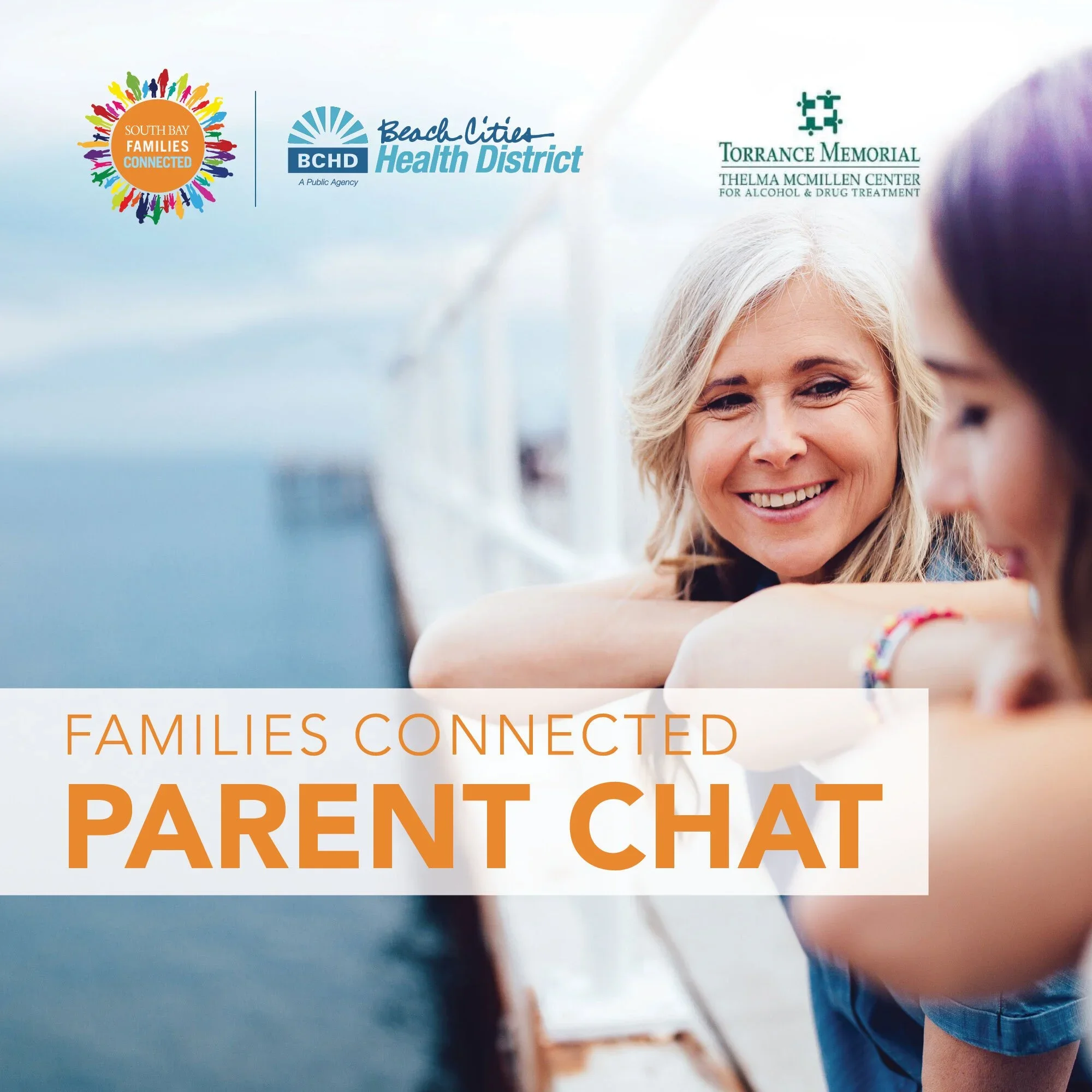When to Sit in the Ick, by Jill Millstein
/When you become a parent, you are responsible for keeping your child alive...literally. From day one, babies start teaching us how to meet their every need and ensure their happiness. And I think for most parents we continue on that path well past when it best serves them and us.
When our kids are toddlers and get upset over a broken or lost toy, we try to console them, soothe them, fix the toy, replace the toy, and make it all better.
When they’re in elementary school and have a scuffle with a friend, we talk to the parent of the other child, try to resolve the issue, and make things all better.
When they’re in middle school and are struggling in a class or have a clash with a teacher, we’re still tempted to get involved and “fix” it.
When they’re in high school and get their heart broken, well, we really can’t fix that!
Looking back, I’d tell my younger parent-self that there is tremendous value in sitting in the ick. I think those “fix it” habits we form when our kids are babies become so ingrained, we don’t question when fixing it doesn’t serve them. There’s real value in sitting in the ick. Life is a roller coaster of events, emotions, and experiences. Everyone has ups and downs. Everyone experiences sadness, hurt, anger, frustration, etc. Everyone has to sit in the ick.
I wish I had understood sooner how important it is to normalize uncomfortable situations and feelings and sit in the ick with my kids instead of getting busy trying to fix it for them. I have a friend who recommends asking these 3 questions when your child comes to you with a difficult situation:
1) Would you like me to just listen?
2) Would you like my advice?
3) Would you like me to get involved?
My friend always reminds me that one of your top jobs as a parent is to provide a safe place for your kids to land. Life will not always go their way (or my way), but we can be there to support them. I know I always feel better knowing somebody has my back.
Along with asking those questions, or at least trying to keep them in mind, there’s a strategy called “Emotional Coaching” which I find helpful when navigating tricky or emotionally charged situations. The premise is to pause, really listen, and help validate our kids’ feelings and experience BEFORE we do or say anything. If we normalize all those big, hard feelings it sort of decompresses/deflates the big emotions. Their feelings become less scary, the situation begins to feel less overwhelming, and things start to feel more manageable. Once feelings are validated it’s easier to then move into brainstorming how to solve the issue. Which is more about helping give our kids’ ideas on how to solve a problem than us actually doing that for them.
I read a great example of this- Your child comes home from school and says, “Nobody in my class likes me.” Our automatic “fix it” response is to reply, “Oh, I’m sure that’s not true!”. And that automatically invalidates their feelings. And maybe there is some truth in what they’re saying. Maybe your child did something that got a negative reaction from his/her peers. Maybe a better response is, “Oh, that must not feel good. Did something happen today to make you feel that way?”.
It took me way too long to begin to realize it’s much more productive to help my kids navigate a challenging situation than to interfere and fix it for them. And sometimes situations are just plain unfixable. When my daughter was in 6th grade, she made the middle school soccer team. This was very exciting as only a few 6th graders do. But then in 7th grade, when we thought making the team would be a slam dunk, she didn’t. It was a real punch in the gut. There was nothing I could do to fix it. It sucked but she got through it. And she learned how to survive a big disappointment. And she’s been disappointed since, and will again. At the time it felt so BIG, so tragic, so hard. But in hindsight, I feel fortunate to have been around to help support her through this disappointment, while she still lives under my roof.
If we don’t sit in the ick and teach our kids to sit in the ick, how in the world will they manage to navigate life once they are no longer under our roofs?





